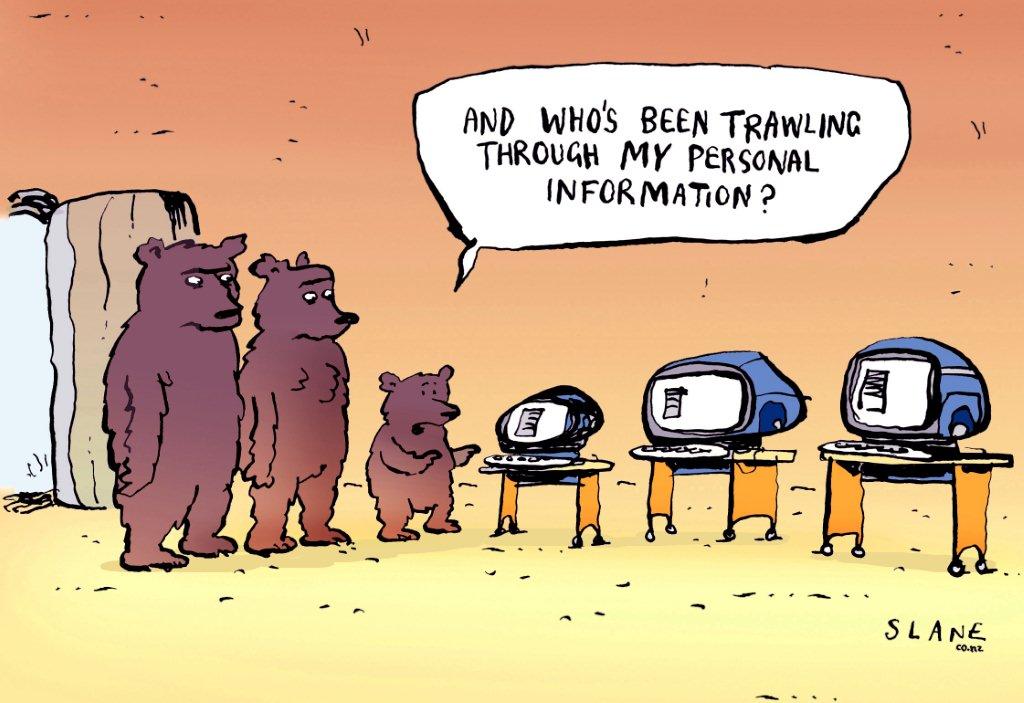
More on Data Privacy Act: Data privacy guide for employers
-
The Data Privacy Act of 2012 protects the processing of all types of personal information
-
Generally, processing of personal information is prohibited
-
However, there are instances where the criteria for processing personal information is not applicable
May a personal information be disclosed without the consent of the subject person?
It is the policy of the State to protect the fundamental human right of privacy, of communication while ensuring free flow of information to promote innovation and growth. It is for this reason that the Data Privacy Act of 2012 was enacted.
Attempting to gather or process any personal information of pertaining to a person is a bit complicated as there are criteria in processing the same such that the rights of the data subject must be respected. Take note that data subject simply refers to an individual whose personal information is being collected, recorded, organized, stored, updated or modified, used, or erased among others.
The question is, “Are there instances where Data Privacy Act does not apply?”
The law says:
Yes.
The Data Privacy Act does and its implementing rules and regulations shall not apply to the following specified information, only to the minimum extent of collection, access, use, disclosure or other processing necessary to the purpose, function, or activity concerned:
a. Information processed for purpose of allowing public access to information that fall within matters of public concern, pertaining to:
1. Information about any individual who is or was an officer of employee of government that relates to his or her position or functions, including:
(a) The fact that the individual is or was an officer or employee
of the government;
(b) The title, business address and office telephone number of
the individual;
(c) The classification, salary range and responsibilities of the
position held by the individual; and
(d) The name of the individual on a document prepared by the
individual in the course of employment with the government;
2. Information about an individual who is or was performing service under contract for a government institution that relates to the services performed;
3. Information relating to a benefit of a financial nature conferred on an individual upon the discretion of the government such as the granting of a license or permit;
d) Personal information processed for journalistic, artistic, literary purpose, in order to uphold freedom of speech, of expression, or of the press, subject to the requirements of other applicable law or regulations;
e) Information necessary in order to carry out the functions of public authority which includes the processing of personal data for the performance by the independent, central monetary authority and law enforcement and regulatory agencies of their constitutionally and statutorily mandated functions;
f) Information necessary for banks and other financial institutions under the jurisdiction of the independent, central monetary authority or Bangko Sentral ng Pilipinas, and other bodies authorized by law; and
g) Personal information originally collected from residents of foreign jurisdictions in accordance with the laws of those foreign jurisdictions, including any applicable data privacy laws, which is being processed in the Philippines.
Do note that the processing of the above-enumerated information is allowed only to the minimum extent necessary to achieve the specific purpose, function, or activity.
Alburo Alburo and Associates Law Offices specializes in business law and labor law consulting. For inquiries, you may reach us at info@alburolaw.com, or dial us at (02)7745-4391/0917-5772207.
All rights reserved.
SUBSCRIBE NOW FOR MORE LEGAL UPDATES!
[email-subscribers-form id=”4″]


